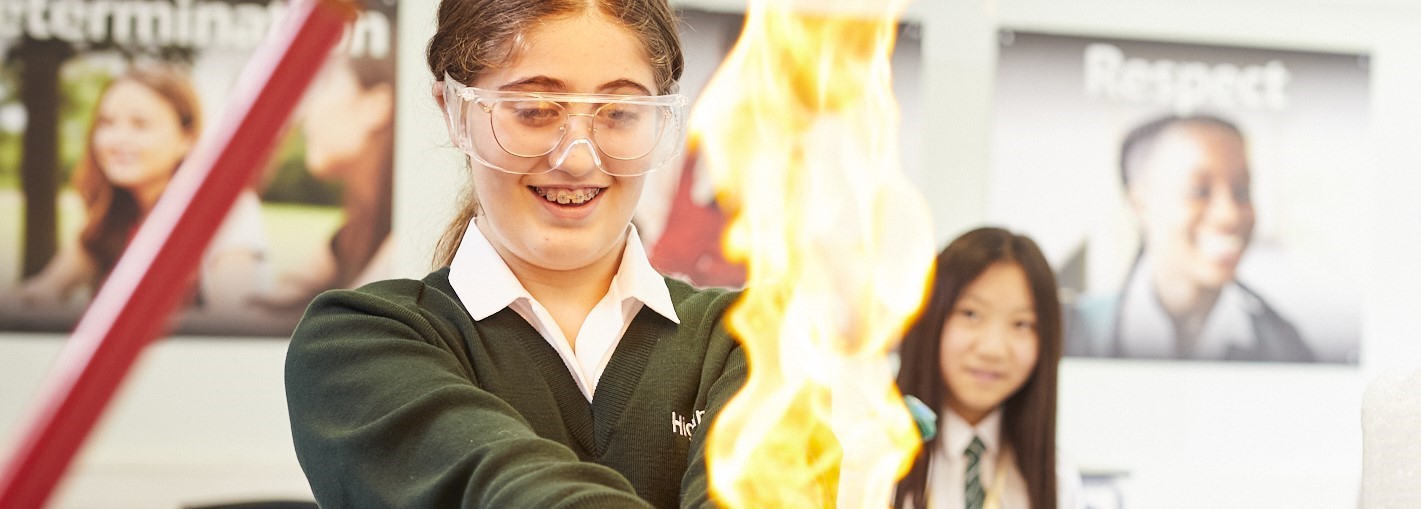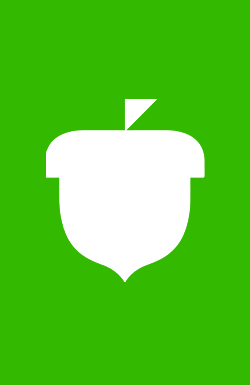Curriculum overview
Highlands School curriculum intent
-
The Highlands School curriculum is ambitious and designed to educate students in the best that has been thought and said in each subject and to build a cultural capital. At Key Stage 3 the curriculum goes beyond the requirements of the National Curriculum, introducing students to carefully sequenced core knowledge and ideas that will allow them to participate in the community of educated citizens.
-
The Highlands School curriculum supports a culture of reading. Reading and literacy open the doorway into the other subjects in the curriculum and to future success. The curriculum at Highlands encourages reading for pleasure and ensures students can access texts across the curriculum.
-
The wider curriculum at Highlands is an entitlement, not a privilege. All students take part in 28 days of carefully selected trips and visits over their seven years at Highlands to support the learning in lessons and build cultural capital.
-
The taught and wider curriculum, particularly though PSHE, teaches students about diversity, equality, inclusion and British values.
How the curriculum is delivered
The curriculum at Highlands is delivered by a team of well qualified teachers who benefit from over 80 hours of professional learning, delivered by the school and external experts, each academic year. High performing teachers and leaders come to work at Highlands School and remain there because of the school’s recruitment processes, commitment to professional development, careful management of staff workload and because of its evidenced based approach to teaching and curriculum.
Lessons are centrally planned and resourced at Highlands School so students learning the same subject but in different classrooms and with different teachers get access to the same learning experience. This reduces variance and means all students get access to the highest quality resources possible.
Students’ learning is checked throughout lessons. Teachers use a variety of strategies to do this including mini whiteboards, hinge questions and ‘no hands up’ questioning to check learning and to adjust teaching accordingly. This ongoing formative assessment means our teaching quickly responds to the needs of students.
Following key pieces of work, feedback is given to students using whole class feedback. This means not every piece of work will have individual comments written on it by the teacher, but the teacher will read all work and then feed back to the class on how improvements can be made.
Retrieval practice is built into lessons. Regularly reviewing key information helps embed it into the long term memory, so most lessons start with a retrieval activity drawing on prior learning.
Teachers carefully plan how they teach new information to students. The delivery of new material is chunked to avoid cognitive overload. Students use paired work to discuss and practice working with the new information. Once the knowledge is secure, students work independently.
Students with SEN are supported with resources that are carefully adapted, or with extra support from teachers during the lesson.
Key Stage 3
Students follow a broad curriculum at Highlands School. During years 7 and 8 of Key Stage 3, all subjects are compulsory and follow the National Curriculum. In year 9, the core and foundation subjects remain compulsory, but students are able to make some choices to personalise their curriculum.
The Key Stage three curriculum is composed of the following subject areas:
|
Subject |
Year 7 |
Year 8 |
Year 9 |
|---|---|---|---|
|
|
Lessons per fortnight |
||
|
Citizenship / Religious studies |
4 |
4 |
4 |
|
Computer science |
2 |
2 |
2 |
|
Drama / art / music |
6 |
6 |
4 |
|
English |
7 |
7 |
7 |
|
Geography |
3 |
3 |
2 |
|
History |
3 |
3 |
2 |
|
Maths |
6 |
6 |
6 |
|
Modern languages: Spanish / French |
4 |
4 |
4 |
|
PE |
2 |
2 |
2 |
|
PSHE |
2 |
2 |
2 |
|
Science |
6 |
6 |
7 |
|
Technology * |
3 |
3 |
|
*Key Stage 3 technology (resistant materials, graphics, food technology, textiles) is taught on a ‘carousel’ across years 7 and 8. Students are encouraged to take a KS4 technology course in year 9, with over 30% of students doing this (a higher proportion of students than take a GCSE in technology nationally).
Key Stage 4
The emphasis on students experiencing a broad curriculum is continued at Key Stage 4 where the school expects the majority of students to complete the English Baccalaureate. Consequently, the majority of students study English literature, maths and the sciences, alongside four optional subjects.
Most students will study one modern foreign language and either history or geography. Students begin to study one of their GCSE option subjects in year 9 (normally the technology option). Students begin to study their three additional subjects in year 10.
|
Subject |
Year 9 |
Year 10 |
Year 11 |
|---|---|---|---|
|
|
Lessons per fortnight (65 mins) |
||
|
English |
KS3 |
7 |
7 |
|
Maths |
KS3 |
6 |
7 |
|
Modern languages: Spanish / French |
KS3 |
5 |
7 |
|
PE - core |
KS3 |
3 |
2 |
|
Science |
KS3 |
8 |
9 |
|
Geography / history |
KS3 |
5 |
9 |
|
Option subjects |
6 |
6 (final year subject) 5 (first year subject) |
7 |
|
PSHE |
KS3 | 2 | 2 |
Options subjects are studied for two years from year 9 to year 10, or from year 10 to year 11.
Key Stage 5
Highlands School’s Key Stage 5 curriculum offers students a variety of subjects and qualifications from which to select. Sixth form students are therefore able to select a course of study that is right for them. Students are expected to study three A-level subjects, or one BTEC Level Three Extended Diploma (equivalent to three Ailevels).
Please visit the sixth form web area of the school website for more information.
For more information regarding the curriculum or queries relating to the curriculum, please contact Mr T Hurst: hurstt@highlearn.uk





